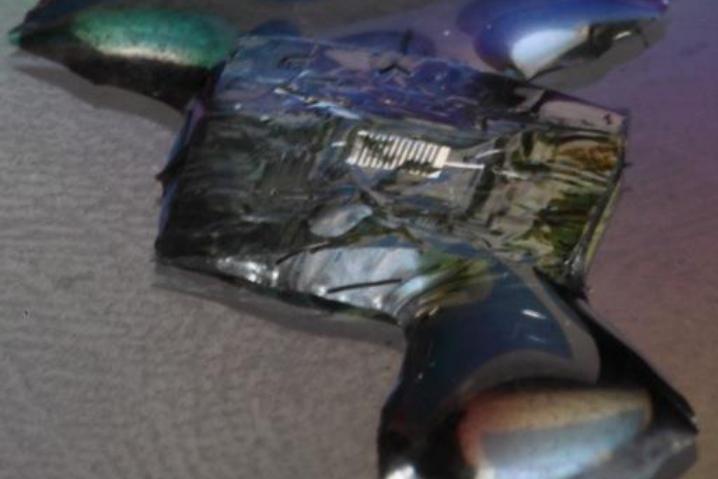
There are now more mobile devices than people in the world, and not all those devices will continue working forever, but where do the many tiny components go when the broken ones get discarded? Some are recycled, but many are not. Circuit boards and other internal components that harmlessly dissolve in water could drastically reduce waste. Mate them to a recyclable body, and you’ve got a far greener device all round.
In medicine, the research could lead to bioresorbable devices which degrade and disappear once they’ve served their purpose. Brain monitors, drug delivery systems, and even electrical stimulators to accelerate bone growth could be made this way, allowing them to be implanted in the body. However, once they’ve performed their function, they don’t need to be removed. Removing the need for extra surgical operations cuts down on risk, and gives doctor’s more time.
While these soluble circuits sound very exciting, and could potentially change the world of electronics, they’re not something which will show up inside a hospital or smartphone near you soon. According to John Rogers, who leads the research group at the university, work is continuing on the concept and on the fabrication techniques required to produce the boards. He says their efforts “suggest a promising future for this new class of technology.”
The department will showcase its research at the prestigious AVS International Symposium on November 9, where scientists gather to discuss “unconventional electronics.”


